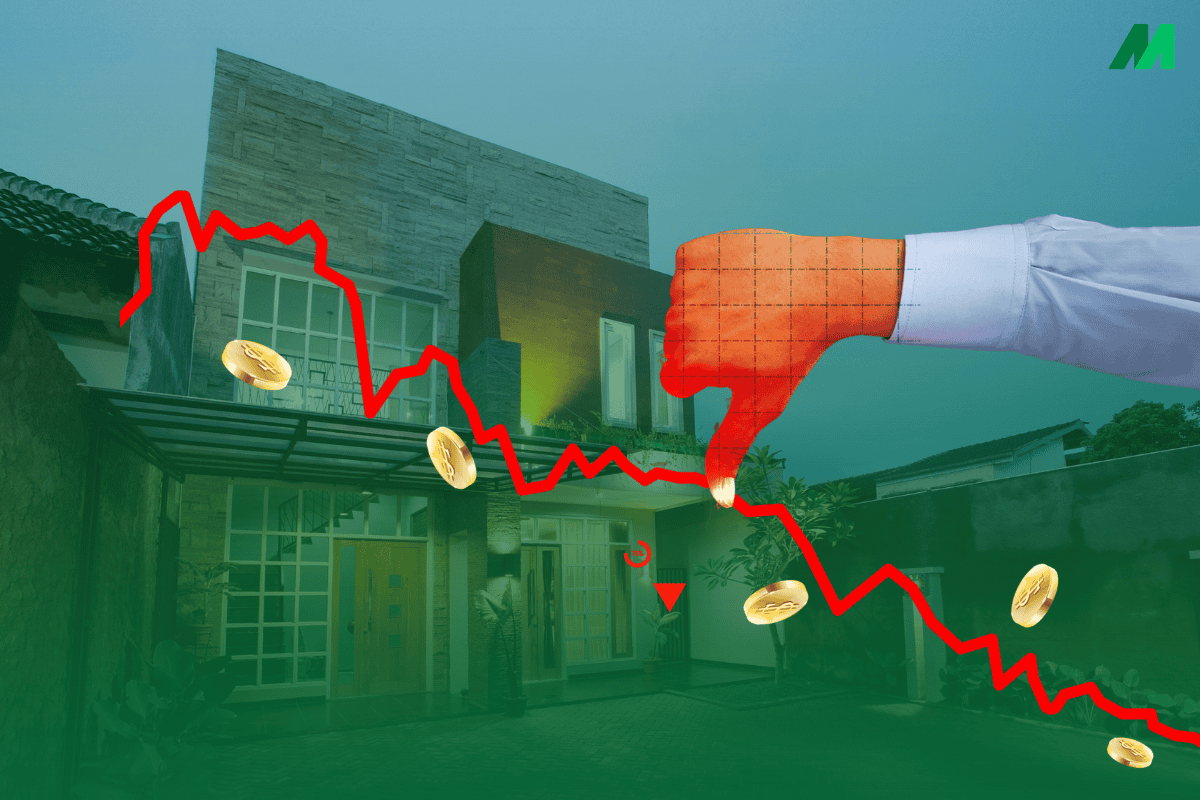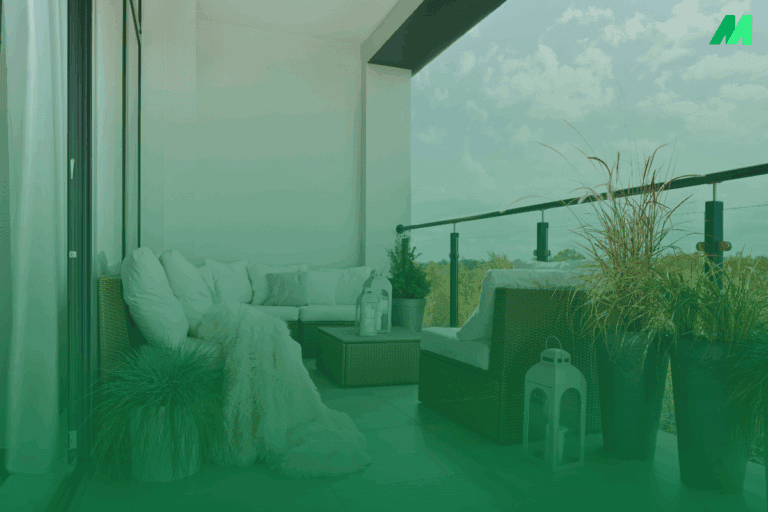A viral Reddit post has shone a harsh spotlight on India’s startup culture, targeting Zomato CEO Deepinder Goyal for moving into an ultra-luxury ₹52 crore Gurugram apartment even as his company’s profits take a nosedive.
The post, titled “This startup culture needs to STOP,” accuses Goyal of thriving personally while Zomato and Blinkit’s parent company, Eternal Limited, reported a 78% drop in profits for Q4 FY25—falling from ₹175 crore last year to just ₹39 crore this quarter.
While the company’s profit falters, Goyal has been busy climbing the property ladder. His real estate highlights now include not just the 10,813 sq ft palace at DLF Camellias but also a ₹50 crore Mehrauli plot and a 5-acre Dera Mandi estate, collectively raising his estimated net worth of $1.6 billion. Public documents show the purchase, which netted him five car parks and access to a golf course, was completed in August 2022 and registered in March 2025. That’s not even touching the stamp duty: a modest ₹3.66 crore.
Read about Shark Tank India Judges’ Net Worth, here.
The Redditor’s critique, delivered with the force of a late-night pizza delivery, was not subtle: “Blinkit continues to burn money, and in the middle of this bleeding balance sheet, founder Deepinder Goyal is busy moving into a ₹52 crore palace—”
The user’s punchline?
“This isn’t an isolated case, but a sign of the rotting startup culture…that glorifies wealth optics over performance, narrative over numbers, and where IPOs are entrance gates for founders into billionaires’ clubs.”
Not to be upstaged by square footage alone, Goyal’s supercar collection also got a mention. The Zomato chief recently acquired a Lamborghini Huracan Sterrato (₹4.6 crore) to join an already glittering garage of Porsches, Bentley, BMW, Aston Martin, and Ferrari Roma.
As the Redditor wryly noted, “Users pay surge prices while delivery partners broke their backs—and the founder surges straight into NCR’s fanciest address.”
Online reactions, as expected, revved up. One ex-startup CEO noted that Goyal’s compensation and perks are public, and shareholders haven’t objected, brushing off broader accusations of misuse. Others weren’t convinced, citing systemic issues and the scam culture within India’s venture ecosystem.
So, while profits may be dipping, India’s startup drama is very much on the ascent—and, like Goyal’s apartment, shows no signs of coming back down to earth anytime soon.




